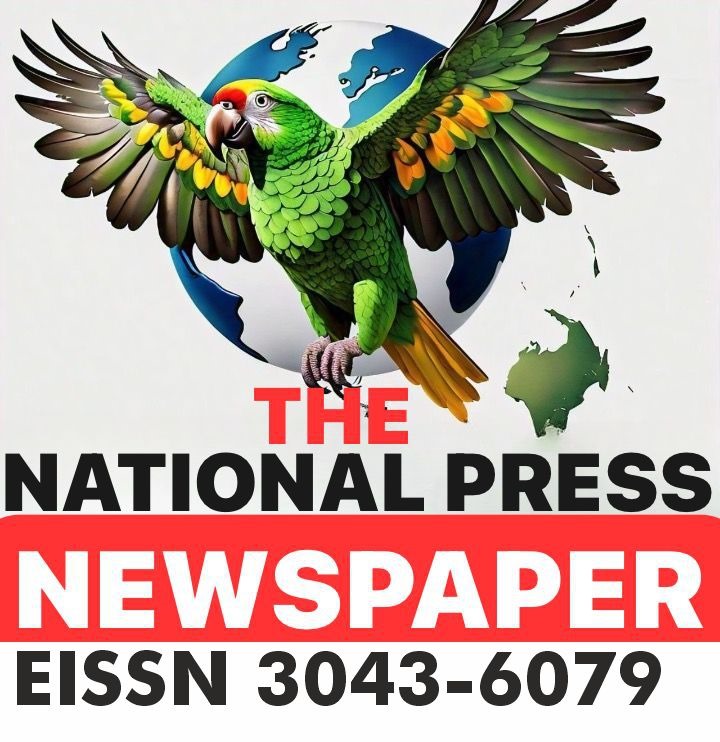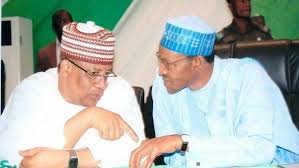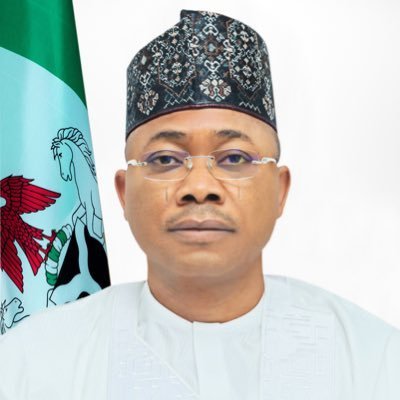𝐌𝐢𝐧𝐢𝐬𝐭𝐞𝐫 𝐩𝐫𝐨𝐦𝐢𝐬𝐞𝐬 𝐩𝐨𝐰𝐞𝐫 𝐫𝐞𝐬𝐭𝐨𝐫𝐚𝐭𝐢𝐨𝐧 𝐢𝐧 𝐊𝐚𝐧𝐨 𝐰𝐢𝐭𝐡𝐢𝐧 𝟕𝟐 𝐡𝐨𝐮𝐫𝐬
The Minister of Power, Adebayo Adelabu, on Thursday promised that optimum power would be restored in some parts of the Northern Region within the next 72 hours.
The Transmission Company of Nigeria (TCN) says it has successfully restored bulk power supply through its 330kV Ugwuaji-Apir transmission line 1 as of 4:56 pm on Wednesday, following the completion of repairs on the vandalized section of the line.
This was disclosed in a statement signed by the spokesperson of the TCN, Ndidi Mbah, on Wednesday and made available to Channels Television.
“With the restoration of this line, the Apir-Lafia 330kV transmission line 2 is now operational, also, bulk power transmission has been restored to Lafia, Makurdi, Jos, Kaduna, Kano, Bauchi, and Gombe States.
“As restoration efforts continue, with the TCN engineering team preparing to commence work on the second 330kV transmission line. All necessary materials for the repairs are on hand, and work will begin as soon as the site is secured for the safety of our personnel to the affected sections of the vandalized 330kV transmission line two,” the statement read in part.
It noted that in the meantime, teams of linesmen will re-patrol the 330kV line 2 to ensure that no other sections are impacted as the repair works progress.
“We appreciate your patience and understanding as our engineers work diligently to restore the 330kV transmission line 2. TCN recognizes the importance of electricity in our daily lives and is committed to ensuring that this line is repaired swiftly, thereby increasing the bulk power to the affected area by the incident,” it added.
The northern region has been without electricity for over a week. The outage was said to have been triggered after the tripping off of the 330kV circuit transmission line between Benue and Enugu.
The transmission line between Shiroro and Kaduna was also affected, affecting Kano, Gombe, Kebbi, Jos, Kaduna, Benue, Bauchi, Adamawa, Taraba, Borno, Kwara, Nasarawa and Yobe.
President Tinubu Clarifies Derivation-based VAT
Governors of 19 Northern States of Nigeria, under the platform of the Northern Governors’ Forum, at their meeting on Monday, October 28, 2024, expressed their opposition to the new derivation-based model for Value-Added Tax (VAT) distribution in the new tax reform bills before the National Assembly.
Chairman of the forum, Governor Muhammed Inuwa Yahaya of Gombe State, read the communiqué.
The Northern Governors’ Forum meeting also had traditional rulers from the region, led by the Sultan of Sokoto, His Eminence Muhammadu Sa’ad Abubakar III, in attendance.
While we commend the Governors and traditional rulers for supporting President Bola Tinubu over the success recorded in addressing the country’s security challenges, we consider it necessary to address the misunderstandings and misgivings around the tax reform already embarked upon by the administration.
President Tinubu and the Federal Executive Council recently endorsed new policy initiatives aimed at streamlining Nigeria’s tax administration processes, enhancing efficiency and eliminating redundancies across the nation’s tax operations.
These reforms emerged after an extensive review of existing tax laws. The National Assembly is considering four executive bills designed to transform and modernise Nigeria’s tax landscape.
First is the Nigeria Tax Bill, which aims to eliminate unintended multiple taxation and make Nigeria’s economy more competitive by simplifying tax obligations for businesses and individuals nationwide.
Second, the Nigeria Tax Administration Bill (NTAB) proposes new rules governing the administration of all taxes in the country. Its objective is to harmonise tax administrative processes across federal, state and local jurisdictions for ease of compliance for taxpayers in all parts of the country.
Third, the Nigeria Revenue Service (Establishment) Bill seeks to rename the Federal Inland Revenue Service (FIRS) as the Nigeria Revenue Service (NRS) to better reflect the mandate of the Service as the revenue agency for the entire federation, not just the Federal Government.
Fourth, the Joint Revenue Board Establishment Bill proposes the creation of a Joint Revenue Board to replace the Joint Tax Board, covering federal and all states’ tax authorities.
The fourth bill also suggests establishing the Office of Tax Ombudsman under the Joint Revenue Board, which would serve as a complaint resolution body for taxpayers.
It is instructive to note that these proposed laws will not increase the number of taxes currently in operation. Instead, they are designed to optimise and simplify existing tax frameworks.
The tax rates or percentages will remain the same under these reforms, as they focus on ensuring a more equitable distribution of tax obligations without adding to the burden on Nigerians.
The reforms will not lead to job losses. On the contrary, they are structured to stimulate new avenues for job creation by supporting a dynamic, growth-oriented economy.
Importantly, these laws will not absorb or eliminate the duties of any existing department, agency, or ministry. Instead, they aim to harmonise revenue collection and administration across the federation to ensure efficiency and cooperation.
At the moment, tax administration lacks coordination among federal, state, and local tax authorities, often resulting in overlapping responsibilities, confusion, and inefficiency. Without reform, this inefficiency will persist.
The proposed laws aim to coordinate efforts between different tiers of government, resulting in better tax resource management and greater clarity for taxpayers.
Under existing laws, taxes like Company Income Tax (CIT), Personal Income Tax (PIT), Capital Gains Tax (CGT), Petroleum Profits Tax (PPT), Tertiary Education Tax (TET), Value-Added Tax (VAT), and other taxing provisions in numerous laws are administered separately, with individual legislative frameworks.
The proposed reforms seek to consolidate these multiple taxes, integrating CIT, PIT, CGT, VAT, PPT, and excise duties into a unified structure to reduce administrative fragmentation.
On the proposed derivation-based VAT distribution model, which the Northern Governors oppose, it must be stressed that the new proposal, as enunciated in the Bill, is designed to create a fairer system.
The current model for distributing VAT is based on where the tax is remitted rather than where goods and services are supplied or consumed. The ongoing tax reform seeks to correct the inherent inequity in the current derivation model as a basis for distributing VAT revenue.
The new proposal before the National Assembly outlines a different form of derivation which considers the place of supply or consumption for relevant goods and services. This means that states in the Northern region that produce the food we eat should not lose out just because their products are VAT-exempt or consumed in other states.
These reforms are critical to improving the lives of Nigerians and were not put forward by President Tinubu to undermine any part of the country. There is no better time than now for the National Assembly to give due consideration to these bills that will overhaul our tax systems and create the revenue all the tiers of government require to fund the development our country and people urgently need.





